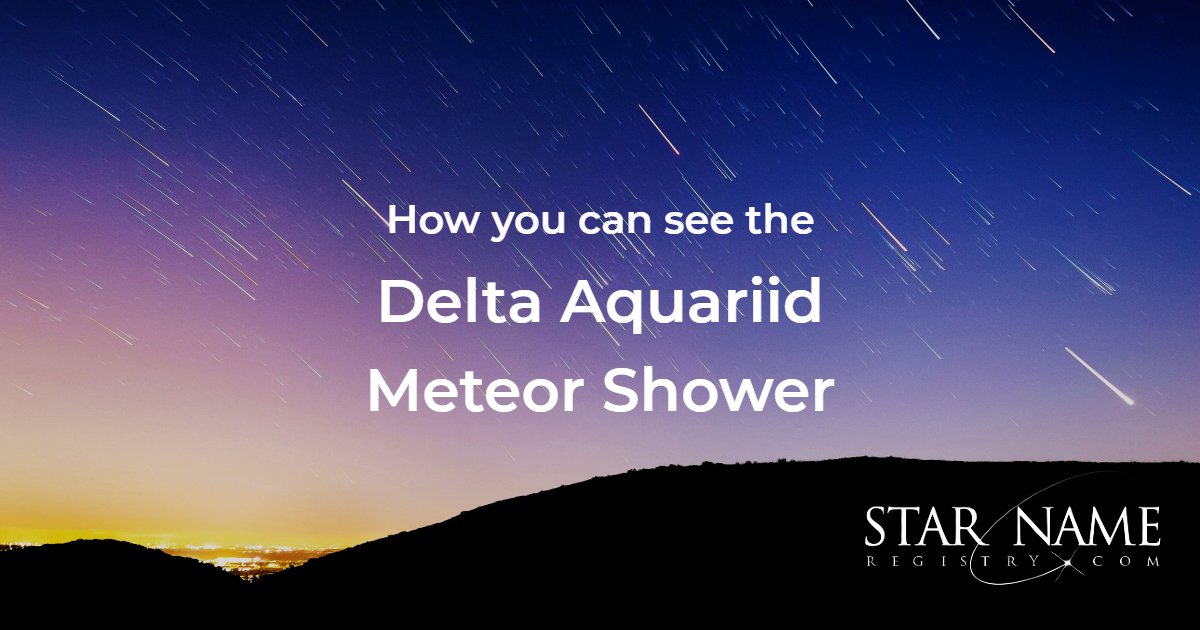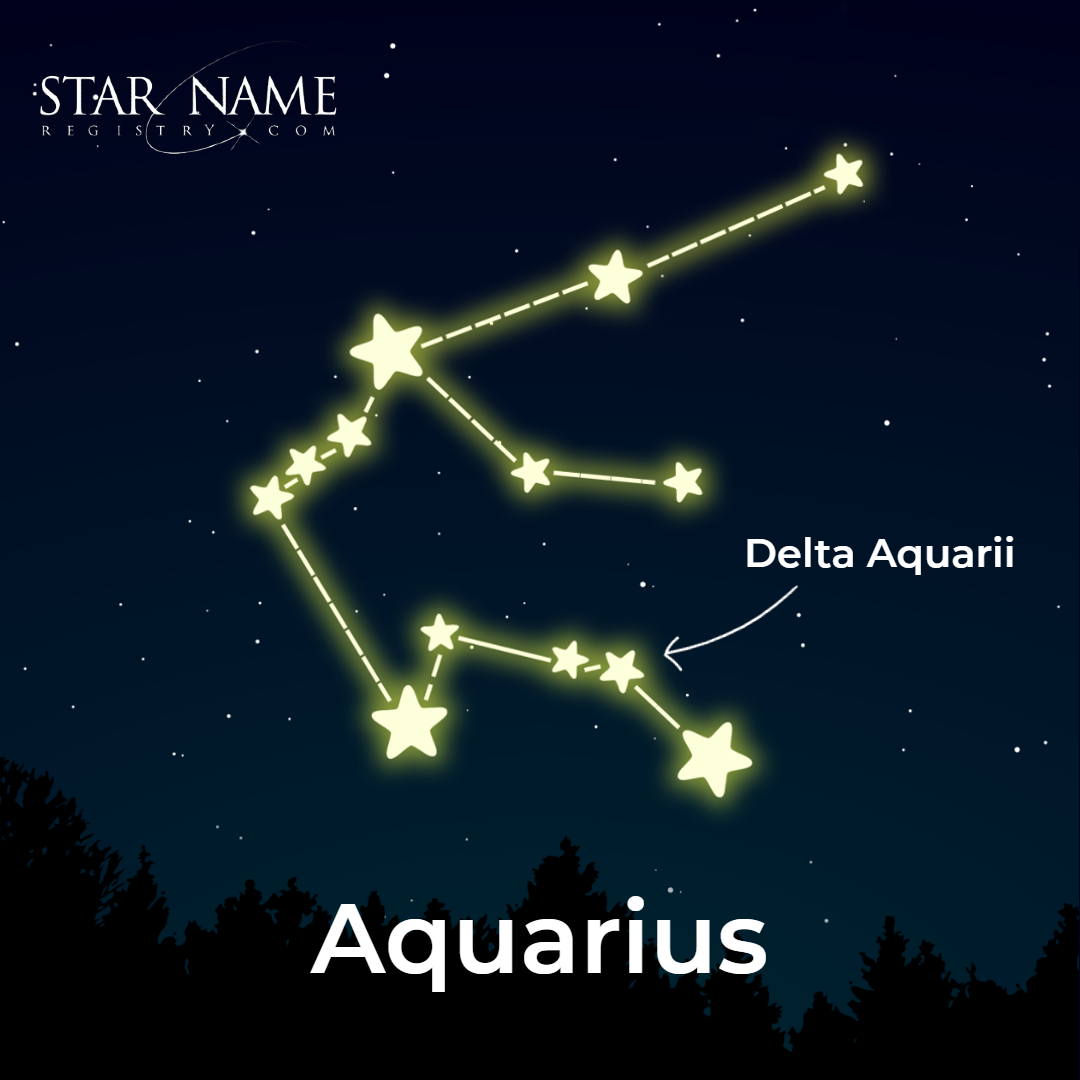
If you have a wish you want to make then keep your eyes on the sky and you’re likely to see a shooting star!
The universe is known for the captivating wonders we see in the night sky and there’s a dazzling astronomical event happening right now. If you take a look outside at night, you may be able to spot the beautiful spectacle known as the Delta Aquariid meteor shower.
This meteor shower occurs each year from mid-July to mid-August, with dozens of meteors visibly shooting across the sky each night. The name Delta Aquariids comes from the point where the meteors appear to originate from, which is near a bright star called Delta Aquarii in the zodiac constellation of Aquarius. However, astronomers are still unsure as to which comet these meteoroids come from.

The visibility of the meteor shower will differ slightly depending on where in the world you’re located and are therefore split into two branches: the Northern Delta Aquariids visible in the Northern Hemisphere, and the Southern Delta Aquariids seen in the Southern Hemisphere.
While both the Northern and Southern showers can be seen from their respective hemispheres, the Southern Delta Aquariids are the easier to spot of the two. From the Southern Hemisphere, onlookers will be able to view up to 20 shooting stars per hour, while those in the Northern Hemisphere will be able to see an average of 10 meteors per hour.
So when is the best time to view this unmissable occasion? There’s plenty of opportunity to see the 2023 meteor shower as it occurs from around July 12th to August 23rd of each year, giving you a generous six weeks to take a look for it. If you want to have the best chance of seeing a shooting star, July 30th to July 31st are the peak dates for the Southern Delta Aquariids shower. If you’re hoping to catch a glimpse of the Northern Delta Aquariids, you may have to wait a tad longer, as the Northern counterpart annually peaks between August 13th to August 14th.
Although meteors are sometimes referred to as ‘shooting stars’ or ‘falling stars’, they’re not actually stars at all, but rather a rock- or metal-based fragment of an asteroid, comet or planet which is then heated up by Earth’s atmosphere, resulting in a quick streak of light being visible from Earth, resembling a star zooming across the sky. Although these meteors will release debris such as dust, which almost always burns up before reaching the ground, larger chunks of debris may reach the ground intact and are known as meteorites.
If you haven’t been able to catch a glimpse of the meteor shower this year, why not try wishing upon a star instead? And what’s better than wishing upon a star that you have a special connection with! By naming a star after someone you love – or even yourself – you will have an emotional connection with a piece of the universe that is unique to you. You can name a star in a brightness that suits you or in a constellation that has a special meaning to you, but you can be assured that the star you name will remain uniquely yours in our online Star Register.